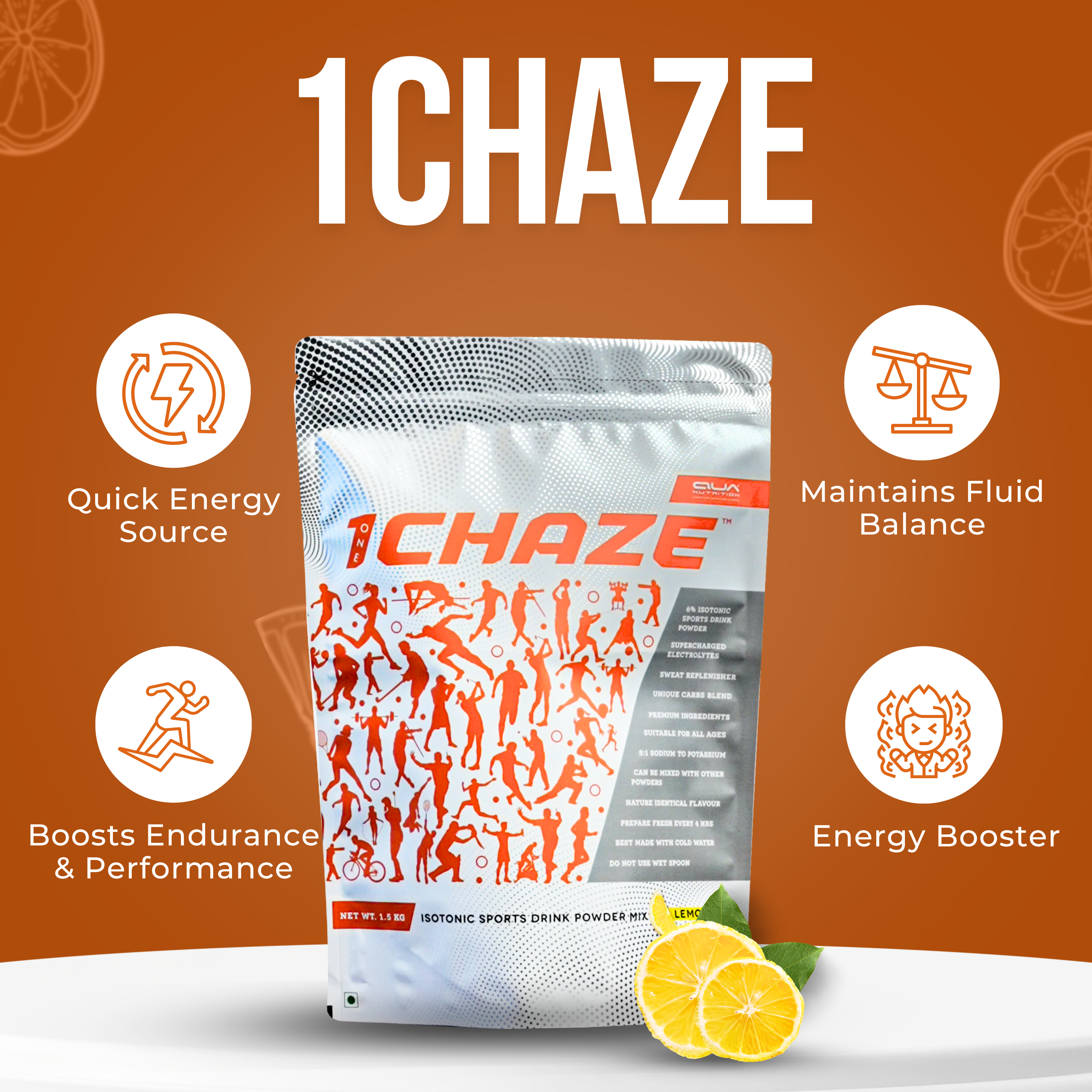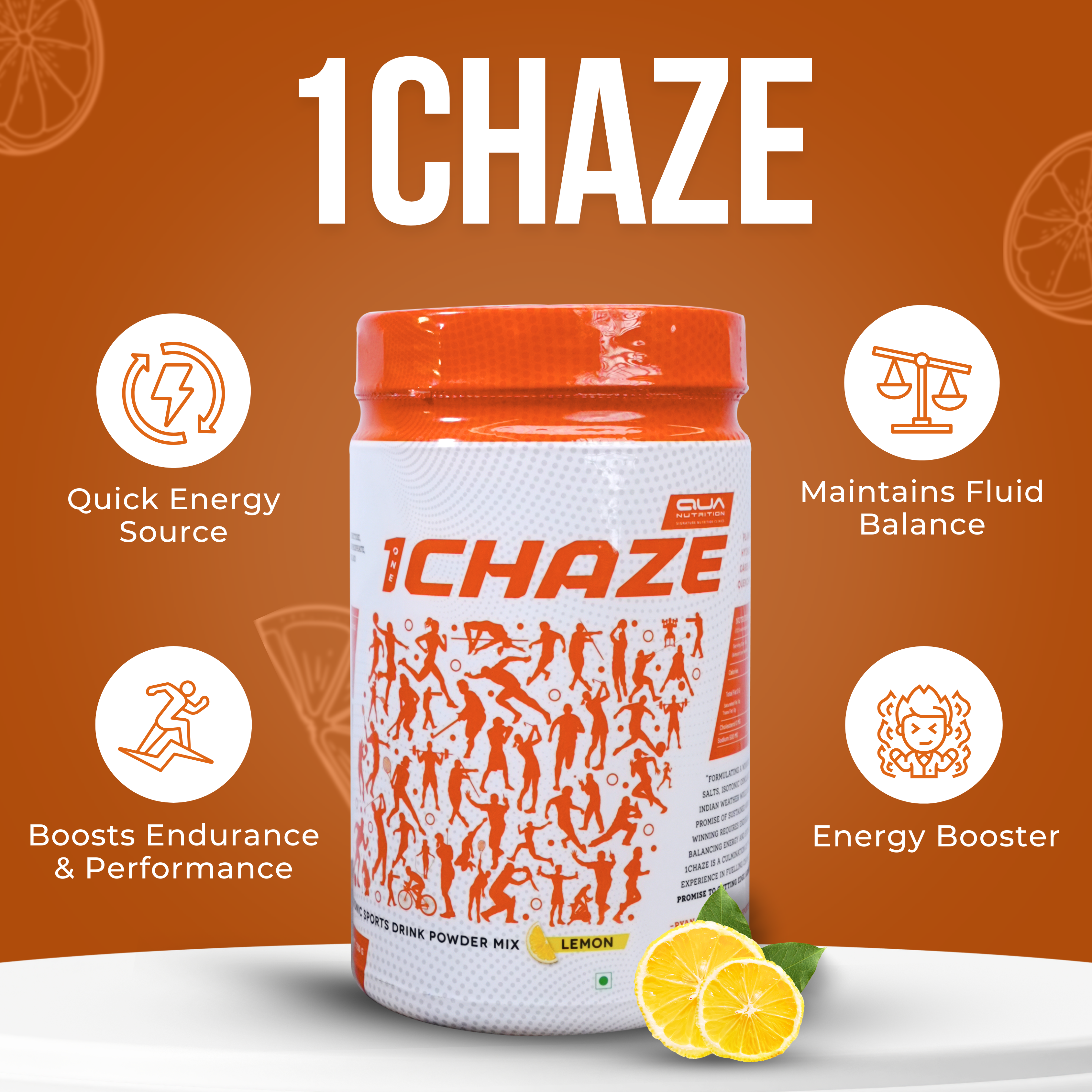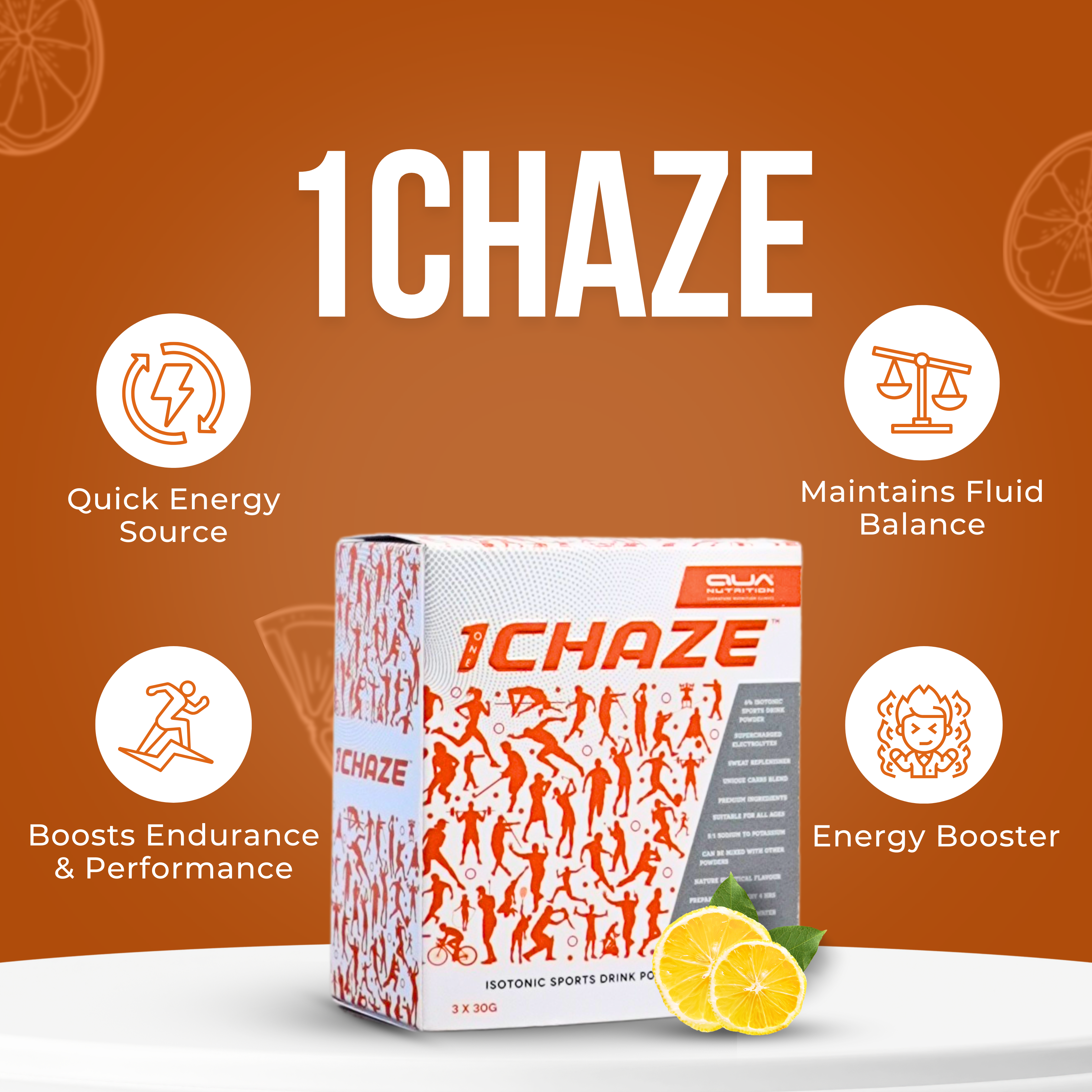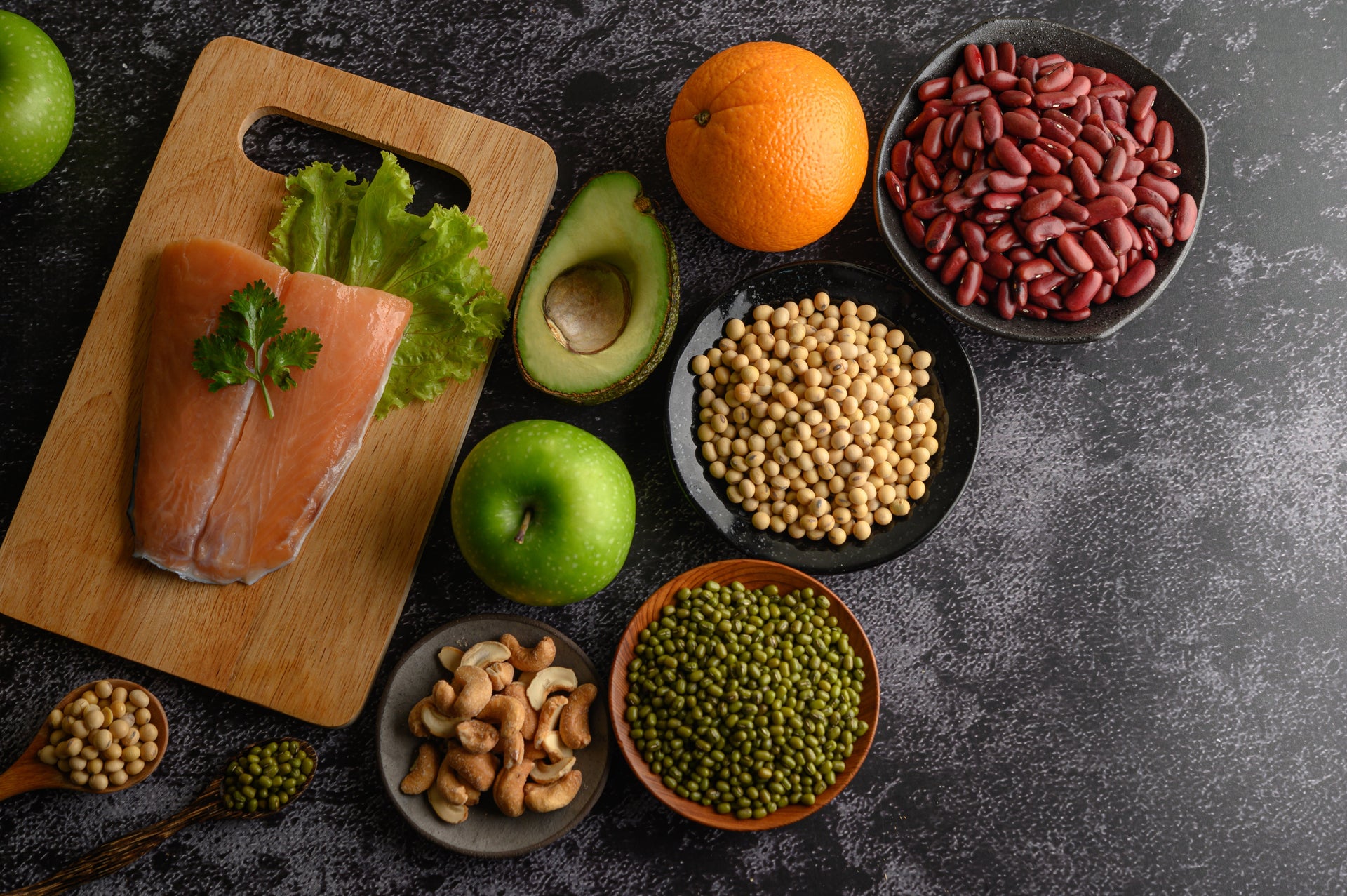For athletes, collagen is an important part of their recovery and performance. there are chances that you have already concentrated on your protein, hydration, and recovery meals. But there’s one nutrient that doesn’t get enough attention: collagen. Collagen is the building block of your body, providing the structure that holds everything together. It supports joints, tendons, ligaments, muscles, and even your skin. When your athlete training hits hard, the body tissues take on stress and a small amount of damage. Here comes the necessity of collagen. Taking collagen help your body to recover from injuries.
Your body does produce collagen naturally, but levels decline with age—and intense workouts can put extra demand on your system. That’s why athletes benefit from both collagen-rich foods and, when needed, high-quality supplements like 1CHAZE Collagen, which are specifically designed to support performance and recovery.
Here are the ten foods that can help boost your collagen supply and keep your body in good condition.
Collagen-Dense Foods for Athletes
1. Bone Broth
Bone broth has been around for centuries, and for good reason. When bones, cartilage, and tendons are simmered for hours, the collagen seeps into the broth, creating a nutrient-rich drink. For athletes, sipping a cup of bone broth after training is a comforting way to feed your joints and muscles.
2. Egg Whites
Egg whites contain proline, an important amino acid used by your body to make collagen. Moreover, eggs are considered a staple in most athletes' diets, and including them in your diet can help you regulate your collagen production.
3. Chicken
Chicken isn’t just a lean protein—it’s also naturally high in collagen, especially around the skin and connective tissues. That’s why many collagen supplements use chicken as a base. A simple grilled chicken dish (with the skin left on, if you prefer) can give you both protein for your muscles and collagen for your joints.
4. Fish and Fish Skin
Many people peel off the skin when eating fish, but athletes may want to think twice. Fish skin is one of the best natural sources of marine collagen, which your body absorbs well. Salmon or mackerel with the skin on can be a smart choice for both protein and joint support.
5. Beef
Cuts of beef that contain connective tissue—like brisket or short ribs—are naturally higher in collagen. Along with protein, beef provides iron and zinc, two minerals that athletes need for energy and muscle function.
6. Citrus Fruits
To produce collagen, your body needs a proper amount of vitamin C. That’s where citrus fruits come in. Oranges, lemons, and grapefruits are excellent for giving your body the raw materials it needs to convert amino acids into collagen. An orange with your breakfast or lemon juice over grilled fish can do the trick.
7. Berries
Berries bring a double benefit: they provide vitamin C for collagen production and antioxidants that protect your tissues from workout-related stress. Toss a handful of strawberries or blueberries into your post-workout shake to give your body that extra boost.
8. Garlic
Garlic contains sulfur, which supports collagen building and slows down its breakdown. Beyond performance, garlic also benefits heart health—something every athlete should keep in mind for long-term endurance.
9. Leafy Greens
For collagen production, leafy greens such as spinach, kale, etc., are essential. These leafy greens deliver minerals like magnesium and iron, which support energy and stamina in tough training sessions.
10. Seeds and Nuts
Nuts and seeds, mainly almonds, cashews, and pumpkin seeds, provide zinc and copper—two minerals your body needs to form collagen. They also make an easy, portable snack to keep your recovery nutrition on track.
Why Collagen Is a Must-Have for Athletes
Collagen isn’t just about healthy skin. For athletes, it’s about:
-
Stronger joints that can handle repetitive movement.
-
Flexible tendons and ligaments lower injury risk.
-
Faster recovery after heavy lifting or long runs.
-
Reduced stiffness so you can train again the next day.
It’s one of those behind-the-scenes nutrients that doesn’t show immediate results like caffeine or protein shakes, but over time, it makes a noticeable difference in performance and resilience.
Is Food Enough to Meet Your Collagen Needs?
Food is the best place to start, but relying on diet alone isn’t enough. The collagen content in foods can vary, and getting consistent amounts daily can be tricky. Sometimes, you can’t be sure that you’re getting enough collagen. Athletes often need more than the average person because of the constant stress on their muscles and joints. And let’s be honest—how often can you realistically drink bone broth or eat connective-tissue-heavy cuts of beef? That’s why many athletes turn to take collagen supplements.
Why 1CHAZE Collagen Supplements Make Sense
Athletes need more than muscle strength; they need strong joints, flexible tendons, and resilient connective tissue to stay fit. Collagen is at the heart of all of these. Start with food: bone broth, chicken, fish skin, eggs, citrus fruits, berries, garlic, greens, and nuts. These whole foods will give your body the natural tools to produce and maintain collagen.
At 1Chaze, we fulfill the gap between what your diet provides and what your body truly needs. When you pair collagen-rich foods with a trusted supplement, you’re not only helping your body recover, you’re also building a solid foundation for better performance and lasting resilience.
FAQs
1. Why is collagen important for athletes?
Collagen supports strong joints, flexible tendons, and faster recovery, helping athletes perform better and reduce injury risk.
2. Can I get enough collagen from food alone?
Covering limitations of diet, variability in collagen levels, and how supplements help fill that gap
3. When should I take collagen for the best results?
Any time works, but athletes often take it after workouts or before bed to support recovery. The key is daily consistency.
4. How does 1CHAZE Collagen supplement support athletic performance and recovery?
It strengthens joints, tendons, and ligaments, reduces post-workout soreness, and speeds up recovery and helping athletes train harder and perform longer.











